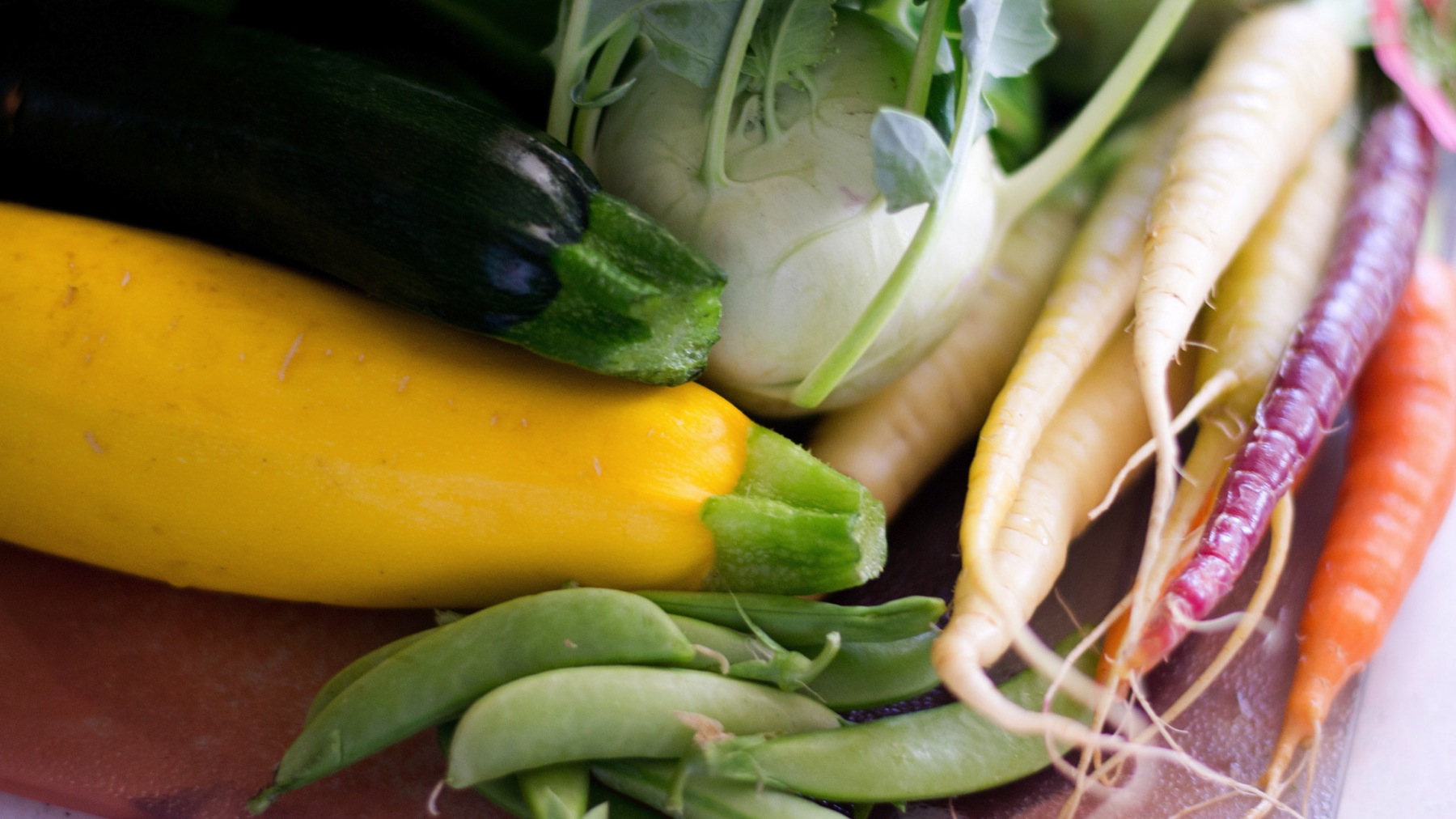Remember those Overstock.com commercials from years back, “It’s all about the O?” Well, the “Big O” for the online discount retailer isn’t just about awkward sexual innuendos anymore. With the launch of the company’s new Farmers Market, the Big O is now all about organics — and selling locally sourced food online.
Overstock CEO Patrick Byrne grew up on a farm in New England. Modern Farmer reports on how he came up with the idea for the Farmers Market:
A couple of years back, Byrne, himself now a vegan, learned more about the CSA model from the niece of a rancher. After doing his own research, he had the proverbial “wow” moment: Why not integrate the CSA model into the Overstock.com platform?
“A lot of the CSAs don’t have good technology,” he explains. “We’ve kind of supercharged [the CSA model] with our technology and our marketing efforts.”
To bring Byrne’s online CSA into fruition, the company hit up the Department of Agriculture for a list of CSAs around the country and cold-called nearly 1,800 of them to take part. As of last month’s launch, more than a dozen farms had agreed to come on board, and an additional four dozen more are in the works.
The program is currently set up to provide San Francisco, Austin, Richmond, and Atlanta buyers with produce, and Overstock has ambitious plans to expand the program. Beyond the current areas served, interested Overstock shoppers can buy non-local goods like grass-fed and grass-finished beef and raw honey.
As Byrne told Modern Farmer, “If this works, we can disrupt that corporate agri-business supply chain.” Sure, Overstock.com might be a corporate enterprise in its own right, but at least the company is giving small to mid-size farms a commercial go in the mainstream market.
Farmers don’t have to pay to join Overstock’s new market system, but they do take on the responsibility of direct delivery. And because Overstock is sourcing local, smaller-scale farming and labor, it’s avoiding large-scale organic production in which farms win a label by adhering to the bare minimum of organic standards. Overstock’s new venture could be the break that many of these small farms need to stay afloat — here’s to hoping that they harvest all the rewards.



